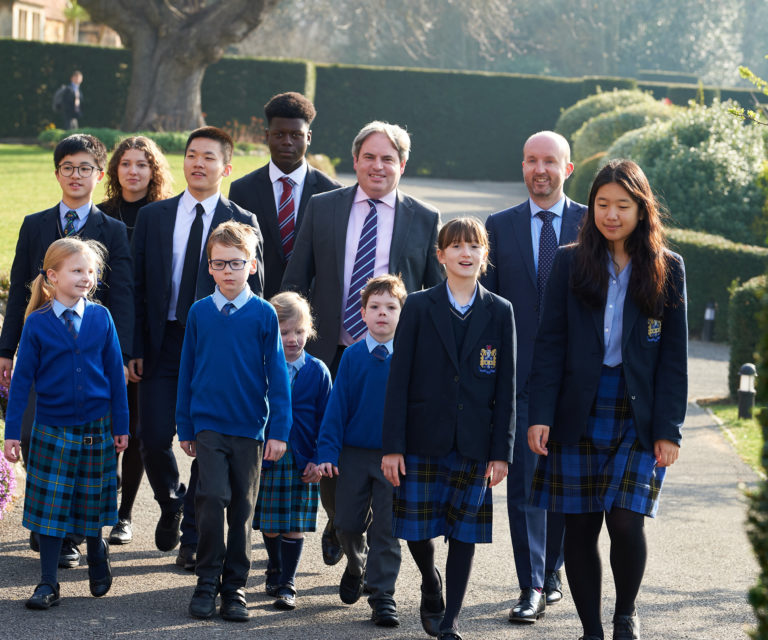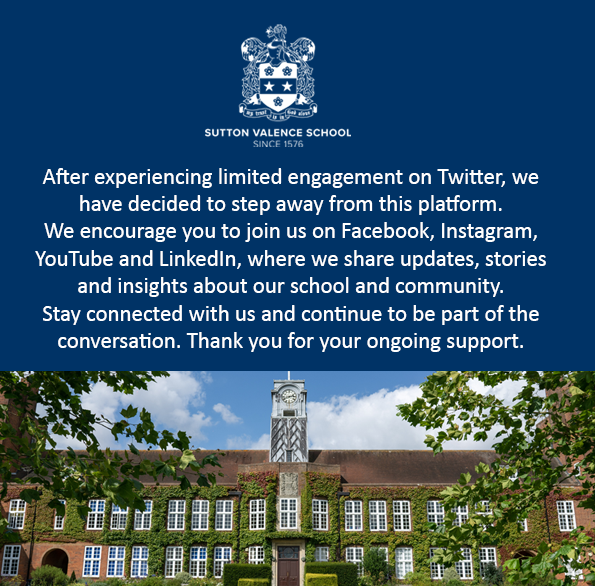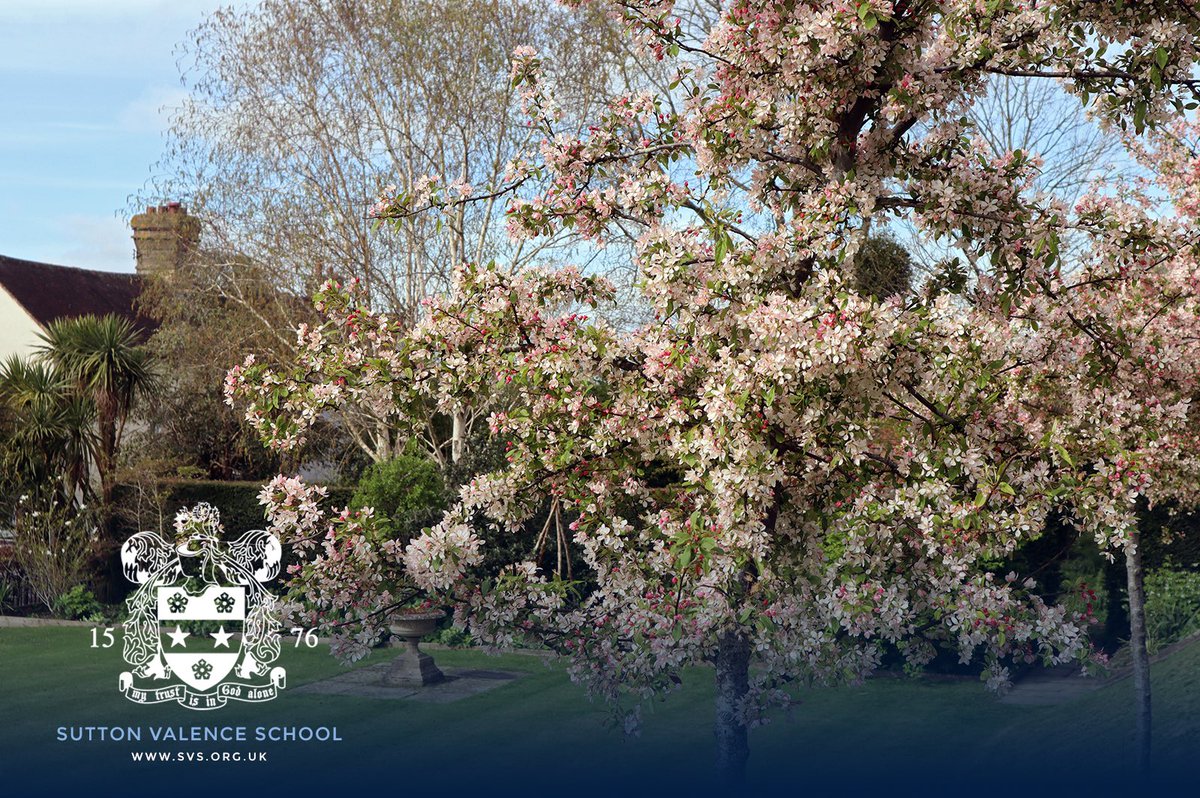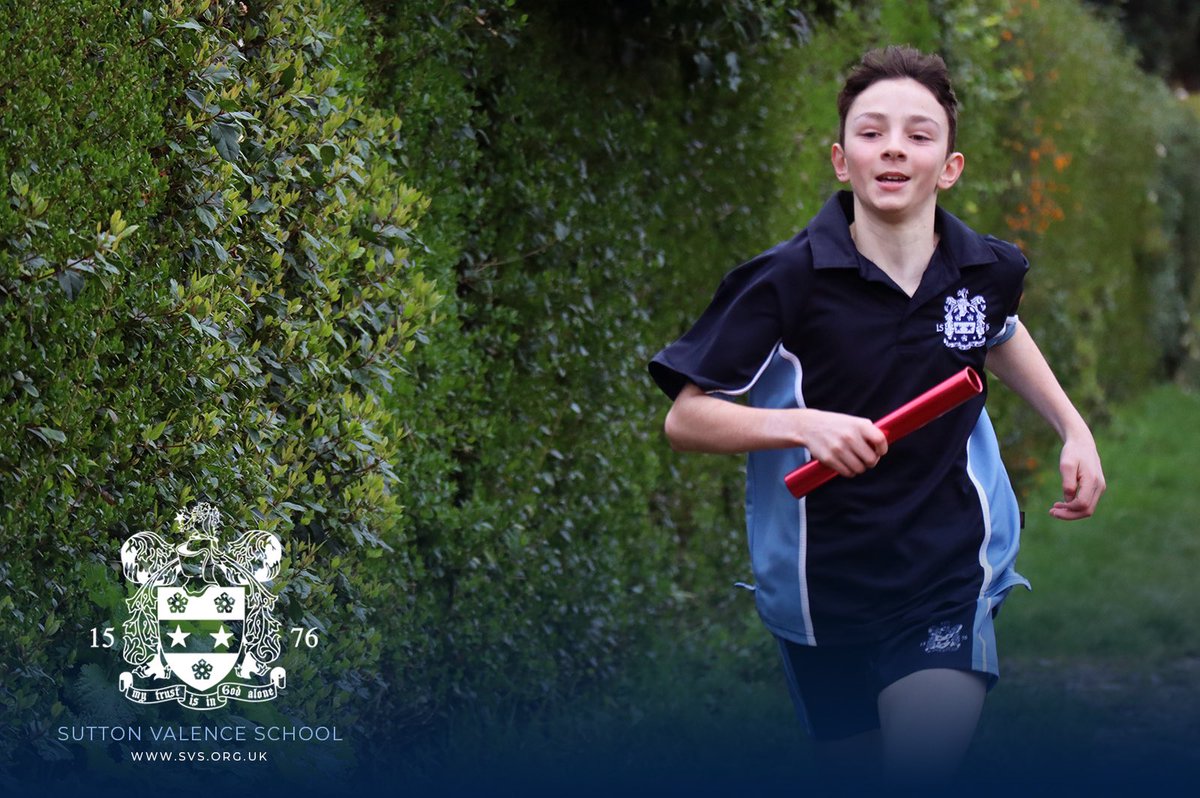Gaining valuable work experience throughout the pandemic has proved to be difficult, especially for young medics. However, Holly Clark and Simona Jovanovic (both Lower Sixth) participated in the Young Doctor Programme by InvestIN, which provided them with a fascinating insight into the medical profession and gave them valuable experience and knowledge to reflect on.
“To start with, during the two-day programme, we were able to hear first-hand from various specialists about how they deal with the daily challenges they encounter and what they find rewarding about the profession. Through talks given by doctors and a virtual emergency room simulation, we discovered how resilient doctors needed to be in order to perform well under pressure, with a particular emphasis on the stresses of being a junior doctor.
Interestingly, we got the chance to see a typical weekly timetable for NHS doctors working in different specialisms. For example, a psychiatrist spoke about various responsibilities she has, rather than just direct consultation with patients, which is a common misbelief. Listening to a GP guest speaker improved our understanding of the importance of the GP speciality, which is often overlooked – it involves community support, teaching medical students and reduces the burden on hospitals by assisting with the care of the general public.
One of the key highlights of the course was the interaction with patients in the virtual emergency room simulation – during this, the guest doctors displayed the importance of softer skills in medical practice. These include empathy, communication skills, logical thinking and an overall holistic approach.
Key principles of medicine, such as ‘do no harm’, were discussed because they play a huge role in the general practice of medicine. This part of the course included controversial questions and the way they are resolved, according to the ethical pillars. We believe that this can give an aspiring medical student a more accurate perception of the obstacles doctors may face, working in a people-based sphere. Medicine is portrayed as a purely scientific and robotic field of work, but we recognised the huge importance of showing humanity as much as scientific insight.
Despite the fact that we learned the hardships endured by doctors and medical professionals alike, we found ourselves more drawn to the profession. The overall work experience course broadened our perspective of medicine and helped us view other aspects which we knew little about. However, the difficulties and challenges that come along with medicine are exactly what makes it beautiful. And the course answered the age-old important question “Does an apple a day keep the doctor away?” – only if you aim it well enough!”





